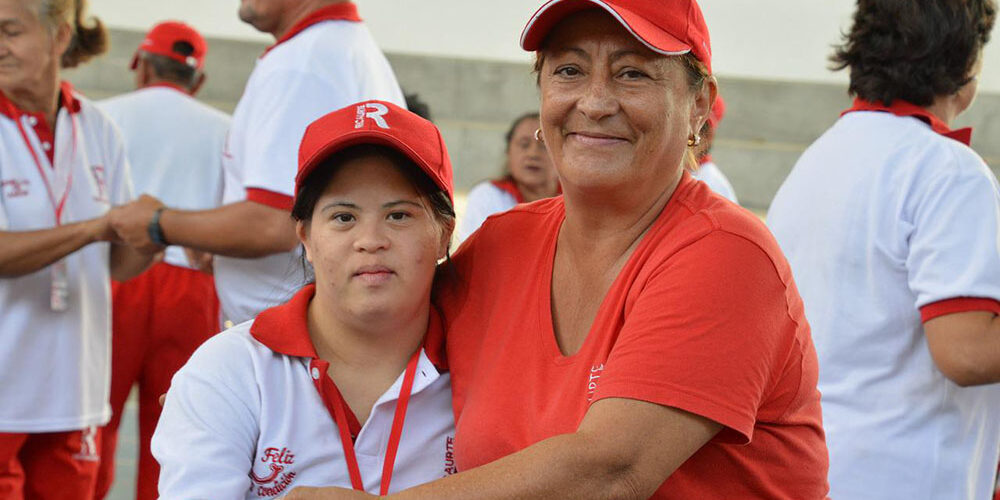The disability services community refers to adults with disabilities as invisible because, to the public eye, these individuals may not look like they have disabilities. However, that doesn’t mean these adults aren’t suffering from debilitating conditions that affect their daily lives in significant ways, including mobility issues, learning disorders and mental health concerns. Read on to learn more about this population and how you can help support adults with disabilities in your community or workplace.
Try to keep an open mind
The person you see today may not be where they are tomorrow. They might not have it as easy as you think, and their obstacles may be more tangible than you realize. Most importantly, always try to keep an open mind when it comes to people with disabilities. Remember that everyone has a story, and don’t assume anything about them based on how they look or what they can or cannot do. You never know what someone is capable of until you give them a chance.
Are you underestimating their ability to learn?
The hard truth is that in many cases, people who live with intellectual disabilities aren’t given enough opportunities to learn. Many people wrongly assume these individuals can’t do certain things or are incapable of learning new skills. And in many instances, those assumptions couldn’t be further from reality! That’s why it’s important for you—and others like you—to change your thinking when it comes to teaching adults with disabilities new things. They may not learn how to tie their shoes as quickly as a child would, but they will eventually get there…especially if you provide them with repeated opportunities and set smaller milestones for success.
Give them the opportunity to excel in a job
Many adults with disabilities want to work and contribute to society, but employers are often wary of hiring them because they think it will be a bad idea for their business. In fact, people with disabilities can help bring diversity and challenge to workplaces by bringing new perspectives and offering unique skills. Find ways that you can better support your employees—or even consider hiring someone with a disability in your workplace. By doing so, you’ll not only make life easier for individuals who have disabilities but you’ll likely strengthen your own workforce as well.
Help them find like-minded people
One of the things adults with disabilities face when they’re looking for jobs is that many employers don’t have any experience hiring people with disabilities. One way to help them get hired, then, is to put them in touch with companies that do. Try making a list of businesses in your area that work well with employees who have disabilities—and make sure to include reviews of their employment practices so potential candidates can decide if they’d be good places to work.
Let them find jobs that work for them
It’s simple: People should be able to find jobs that match their unique skills and personalities. However, just because someone has a disability doesn’t mean they should have to settle for a 9-to-5 job in a cubicle. Those jobs might work for some people, but adults with disabilities are capable of so much more than that. For many disabled adults, meaningful employment starts at home or within their own communities.








